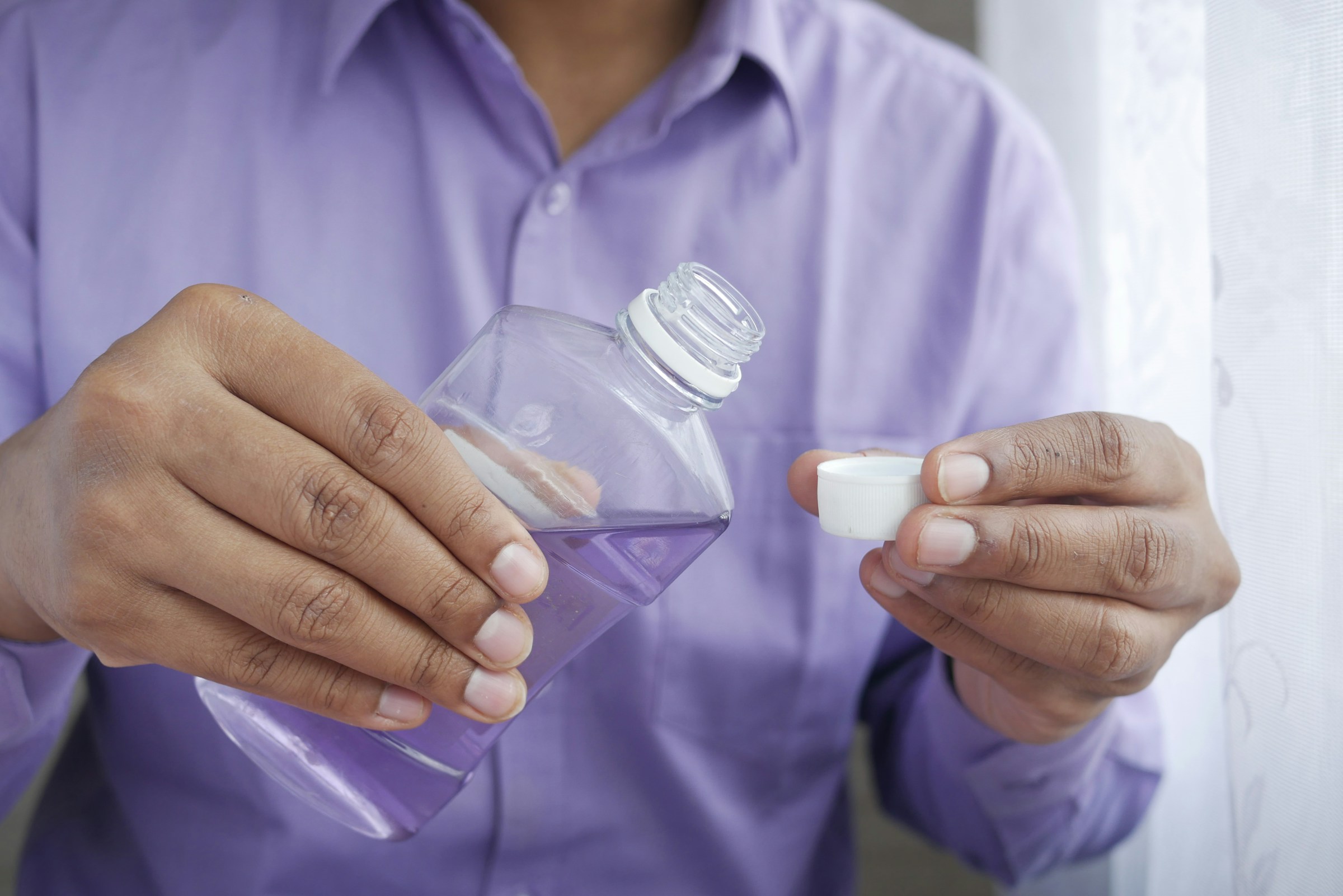Mouthwash, a staple in many oral care routines, serves various purposes beyond its refreshing sensation. Understanding what mouthwash truly is, how often to use it, its pros and cons and what to look for when buying one can significantly impact your overall oral hygiene.
What’s in it?
Mouthwash, also called oral rinse, is a liquid solution designed to enhance oral hygiene. It typically contains antimicrobial agents, fluoride and other ingredients aimed at reducing plaque, bacteria and preventing dental issues.
Is It Really Getting Your Mouth Clean?
There are two main types of mouthwashes: therapeutic and cosmetic. Therapeutic mouthwashes have active ingredients that kill bacteria and can help reduce plaque, gingivitis, cavities and bad breath. Cosmetic mouthwashes, on the other hand, may temporarily control or reduce bad breath and leave your mouth with a pleasant taste, but don’t reduce your risk of cavities or gum disease. While mouthwash contributes to oral cleanliness, it’s not a standalone solution. Brushing and flossing remain essential for thorough plaque removal. Mouthwash, rather, acts as a complementary step to enhance overall oral hygiene.
Pros
Combating Bad Breath – It can neutralize odors and leave your breath feeling fresh.
Reducing Plaque and Gingivitis – Antimicrobial agents in therapeutic mouthwash can help control bacterial growth, reducing plaque and the risk of gingivitis.
Additional Fluoride – Some mouthwashes contain fluoride, which strengthens tooth enamel and helps prevent cavities.
Cons
Alcohol Content – Some mouthwashes contain alcohol, which can cause dry mouth and irritation, especially for individuals with sensitive gums.
Masking Oral Issues – While it can freshen breath, it doesn’t address the root cause of bad breath or other dental problems. If one treats it as a replacement for proper oral care, they leave themselves suspect to dental health problems.
Overuse Concerns – Excessive use can disrupt the natural balance of oral bacteria, potentially leading to other issues.
How Often Should You Use It?
How often you should use mouthwash depends on individual needs and oral health goals. While using it once or twice daily can contribute to a cleaner mouth, it’s crucial not to consider
it a replacement for regular brushing and flossing. One gargle cannot flush out food debris that is deep-stuck nor can it remove sticky plaque. Furthermore, overuse can lead to potential side effects such as dry mouth or irritation.
What to Look for at the Store
Alcohol-Free Options – Consider an alcohol-free mouthwash to help avoid dry mouth and irritation.
Antimicrobial Agents – Look for one with antimicrobial ingredients, like chlorhexidine, for effective bacteria control, preventing dental issues like gingivitis and periodontitis.
Fluoride Inclusion – Consider one with fluoride for added protection against cavities.
Always consult your dentist before using mouthwash/mouth rinse.
Related articles
Cauliflower: Your Smoothie’s Secret Ingredient
6 Ways to Improve Sleep Without Counting Sheep
Cracking the Case on Knuckle Cracking

